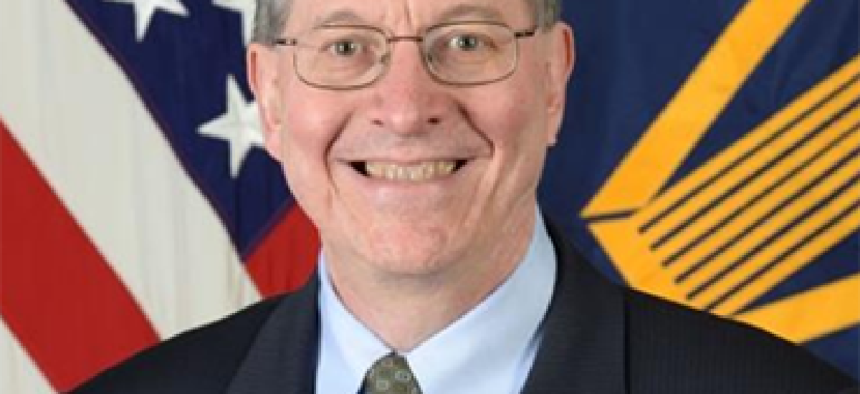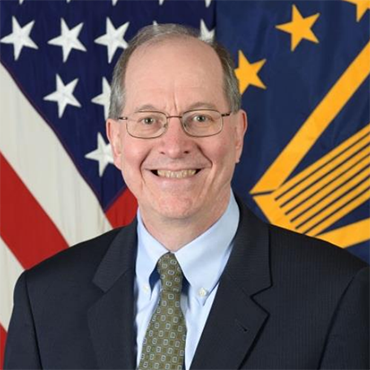DOD looks to better data for better security

Pentagon officials are trying to do a better job of reaping the low-hanging fruit of cyberattack data to make their networks more secure.

Richard Hale, deputy CIO for cybersecurity at the Department of Defense, says data available from contractors could be used to improve DOD practices.
Pentagon officials are trying to do a better job of reaping the low-hanging fruit of cyberattack data to make their networks more secure, according to Richard Hale, the Defense Department’s deputy chief information officer for cybersecurity.
“We’re trying to do a better job of using that data in the structuring of our basic defenses,” Hale said June 17 at an AFCEA conference in Baltimore. That data offers clues of where in the “attack life-cycle” hackers are exploiting things like missing software patches, he said.
“There’s a tremendous pile of good, instant data available in industry” that is unclassified and ripe for use, said Hale, adding that the data can be used to improve basic cybersecurity practices at the Pentagon.
Hale’s boss, CIO Terry Halvorsen, has made improving “cyber hygiene” – things like setting decent passwords and applying software patches – an emphasis of his tenure. Deputy Defense Secretary Robert Work reviews a scorecard for cyber hygiene at the department every month, according to Hale.
Getting those cyber basics right would allow Pentagon officials to devote more attention to thornier problems, such as the amount of sensitive DOD data that is in the hands of contractors.
On that front, Hale said officials were pursuing an update to a Defense Federal Acquisition Regulation Supplement clause that would broaden the classes of information that industry must protect. Moreover, forthcoming guidance from the National Institute of Standards and Technology will serve as a rubric for protecting DOD data housed in industry, Hale said.
“We, DOD, are going to point to it in every acquisition, and say: This is the standard we expect to be met for…unclassified sensitive information,” he said of NIST 800-171, which could be finalized next month.


